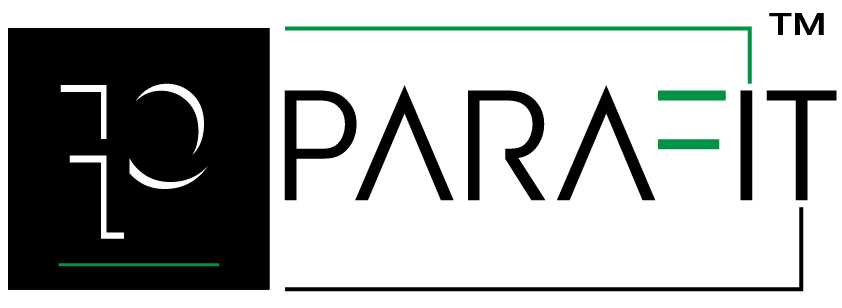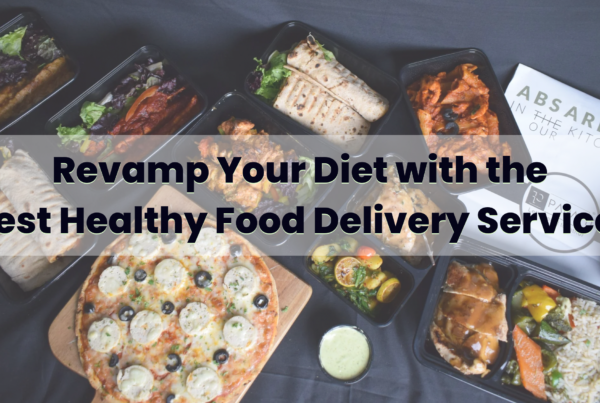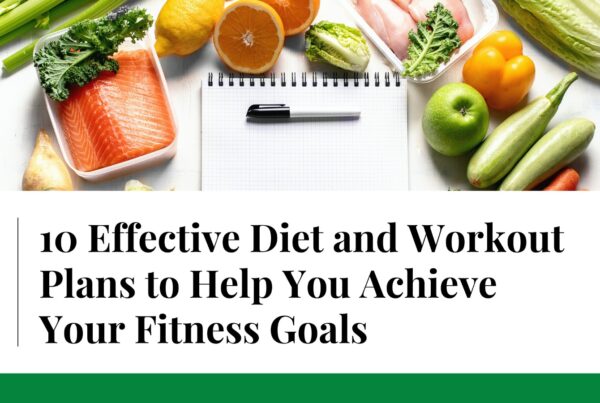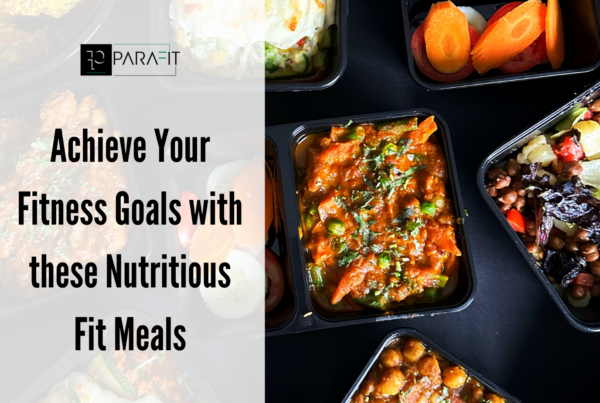It is a question I have been asked countless times, a question that many dieters and athletes have considered at one time or another: What is the healthiest food we can eat?
The answer might surprise you.
It seems like we’re being bombarded with new superfoods every day. Every food has had its day, its moment in the sun, a period of time in which it gets added to every smoothie menu, every supermarket shelf, and pretty much everything else.
But as far as I am concerned, the healthiest food you can eat is not kale, chia, broccoli or wheatgrass; it has nothing to do with green tea or matcha and it’s not the sort of food that will leave you reeling just at the thought of consuming it. In fact, the healthiest food is already in countless fridges and on countless breakfast tables across India.
That food is eggs.
Eggs: The Healthiest Food?
Eggs are one of the most stereotypical bodybuilding foods, an old-school protein source popularized by Rocky Balboa (a personal inspiration) following an excessive and gag-worthy pre-workout routine in the classic 1976 sports drama.
Rocky managed to convince kids of the 70s and 80s that the only thing they needed to get fit and strong was to drink a glass of raw eggs and climb some stairs, but in the decade that followed eggs acquired an entirely different reputation. They were linked with heart disease and demonized by the anti-fat culture that swamped the 90s and noughties.
Only now are nutritionists and athletes waking up to the fact that eggs might be healthy after all, and I definitely consider myself to be on the “eggs are healthy” side of the field. If you are not convinced then read on and I’ll show you why I feel so strongly about eggs while clarifying a few—potentially dangerous—misconceptions in the process.
Why Eggs are so Good for you
- How Many Calories in an Egg? There are around 70 calories in the average chicken egg. The one you normally get commonly in India has around 40-50 calories (That’s how adulteration steals your gains).
- How Much Protein in an Egg? There are 6 grams of protein in an egg. These means that they have 2x to 3x more protein per calorie than nuts, as well as more than cheese and milk.
- Amino Acids in Eggs: As any bodybuilder knows, the amino acid profile is just as important, if not more so, than the amount of protein. This is another area in which eggs excel because they have all 9 essential amino acids.
- Vitamins and Minerals: Eggs are rich in iron, phosphorus, vitamin A and B vitamins.
- Eggs and Choline: Eggs are one of the best sources of choline. It has been estimated that 9 out of 10 Indian’s don’t get enough of this in their diet, so eggs are a great way to change that. This nutrient can also help with fetal development, making them essential for pregnant women.
Are Eggs Good for you?
Not only do eggs taste great, but they are immensely nutritious. What’s more, they are low in carbs and can help to fill you up much more than a carb-heavy breakfast can. A previous study has proved this, comparing a typical Indian breakfast like a paratha with a breakfast of eggs to determine which produced feelings of “fullness” for longer. The participants were given the same number of calories, but those who had consumed eggs reported feeling fuller and much more satisfied (the protein satiety effect that we talked about earlier in our posts).
There are many more studies that prove just how incredible eggs are. One such study tested how effective they were when taken as part of a calorie-controlled diet. Participants were either given a breakfast of two eggs or an equal number of calories in an Indian breakfast. At the end of the study, the group that had been given eggs reported a significant reduction in their BMI and body fat, showing that they could be very effective at helping you to improve lean muscle mass.
This superfood can also help to
- Improve the condition of your skin, hair, and nails (B vitamins, zinc, sulfur)
- Improve brain health (choline, betaine, HDL cholesterol)
- Help to prevent osteoporosis (vitamin D and calcium)
- Improve eye health (lutein, zeaxanthin)
- Fight free radicals (antioxidants)
Good and Bad Cholesterol: How Much Fat is in an Egg?
Eggs are high in cholesterol and that’s the main reason they have acquired such a bad reputation over the years. We all know that high cholesterol can lead to heart attacks and strokes and I’m not going to dispute that. But just like not all fat is bad, not all cholesterol is bad either.
Cholesterol is produced by the liver and it is used to produce essential hormones. There are two types of cholesterol, LDL and HDL. The former is what can lead to heart attacks and strokes as it sticks to the artery walls and slows blood flow. HDL, on the other hand, can actually remove this LDL from the arteries and therefore aid with blood flow and heart health.
So, not all cholesterol is bad, but all cholesterol is needed to some extent. Therefore, a complete diet is one that contains a balance of both of these cholesterols. That’s where eggs come in because they can help to roast the good cholesterol while maintaining healthy levels of the bad one.
Protein in Egg Whites
The bulk of the egg’s protein is found in the white, while the fat is in the yolk. This is why many bodybuilders have taken to separating the white from the yolk and only consuming the former. The problem with this is that the white has very little nutrient value and most of what makes the egg such a fantastic food is found in the yolk (Remember, Big folks, eat egg yolks)
If you need a big protein hit and want to keep the calories and fat to a minimum, you should consider mixing 2 or 3 egg whites for every whole egg. This will still make for a great omelet and you’ll get the heavy protein fix while also benefiting from some of that nutritious, delicious yolk.
And don’t throw those egg yolks out! They can be used to make mayonnaise, cakes, ice cream and all kind of sweet desserts, so see if a friend, family member or neighbor can put them to good use.
Liquid, Powdered, Quail and Duck Eggs
Yes, different kinds of eggs exist too.
Hen’s eggs are common, cheap, nutritious and perfectly balanced in all areas. That’s what makes them my choice for “healthiest food”. But what about quail’s eggs, duck eggs and mass-produced forms of egg protein?
- Quail Eggs: These eggs are more expensive and much smaller. They are fattier, with more cholesterol and more of the things that make eggs scary for some. On the plus side, they are rich in iron and selenium and they are also a source of vitamin A and choline. Calorie and protein wise, they are similar to chicken eggs, with around 5 quail eggs equating to 1 chicken egg.
- Duck Eggs: These are much richer in taste than chicken eggs, which is because they contain more cholesterol and more fat overall. There are more protein and more omega-3 fatty acids and the selenium, choline and B vitamin content is also much higher. But that fat/cholesterol difference is enough to make chicken eggs the better choice.
- Powdered Eggs: They don’t rank well for taste, but powdered eggs are fat and cholesterol free and they contain a lot of protein. As good as that sounds, their nutrient value is low and they are processed, which is never a good thing.
- Liquid Eggs: Commonly used in processed foods in place of fresh eggs, liquid eggs are also finding their way into many Indian homes. Again, the fat is minimal, but so are the nutrients and fresh eggs are by far the better choice overall. Also, why cut down on the fat when that’s part of what makes this food so fantastic?
Finally: Avoid Raw Eggs
Rocky may have taken his eggs raw, but you shouldn’t. There is a risk of bacterial contamination and one that can leave you in a pretty bad state. Raw eggs can contain salmonella, which lingers on the shell of the egg but can also be found inside. This bacterium can lead to all kinds of unpleasant side effects, including diarrhea and sickness.
There is a good chance you already knew this as it’s one of the reasons so many athletes have been warned away from raw eggs. What you might not know is that the actual risk of bacterial contamination is very low when the eggs have been pasteurized. In fact, one of the biggest studies into the frequency of salmonella contamination in raw eggs determined that just 1 in 30,000 were likely to be affected.
So what’s the problem? Well, “some risk” is “no risk” and it’s always better to be on the safe side. What’s more, while raw eggs contain many of the same nutrients as cooked eggs, the protein in raw eggs is not absorbed as easily. The absorption rate varies, but one study found that 90% of the protein in cooked eggs was absorbed on average, while protein absorption from raw eggs was around 50%.
Raw eggs may be quicker and easier, but if you take the time to cook them then you’re getting more protein, eliminating your risk of salmonella poisoning, and, just as importantly, enjoying a tasty meal in the process! Protein and contamination risk aside, eggs taste great when cooked, but no one looks forward to the feeling of a dozen slimy raw eggs sliding down their throat.
Having said that, eggs are indeed bliss and I personally start my day with some 4-5 eggs for breakfast since the past 3 years.
At ParaFit, we innovate with macros and recipes to give you the best results in the shortest time period without putting a load on your taste buds. Do try our Custom meal plan today and get access to hundreds of well-planned tasty recipes.







With havin so much written content do you ever run into any
problems of plagorism or copyright violation? My blog has a lot of exclusive content I’ve either authored myself or outsourced
but it seems a lot of it is popping it up all over the
web without my agreement. Do you know any methods to help protect against content from being stolen? I’d truly appreciate it.